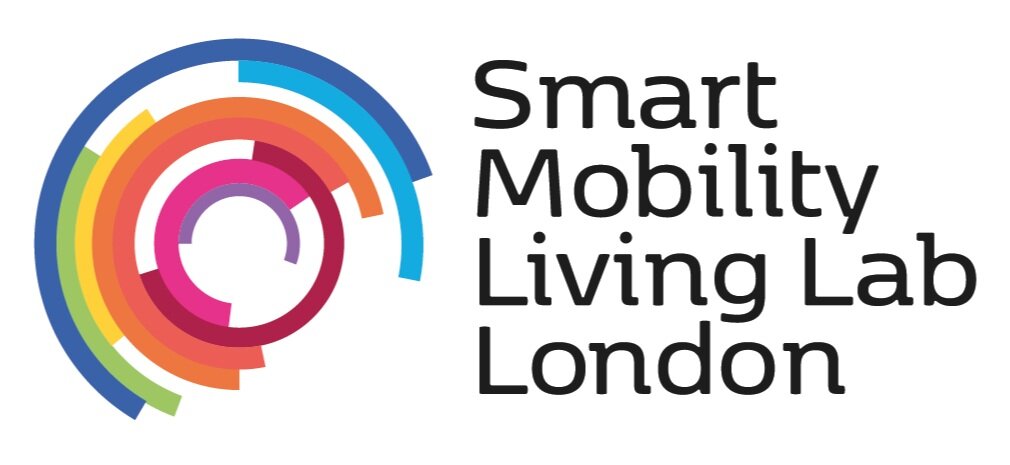Automation in transport – Leading the UK to a driverless future
Camilla Fowler, Head of Automation at TRL, has published a TRL strategy paper looking at the priorities for the UK to achieve its vision for realising the benefits of a more automated transport system.
Use this link to open and download the full paper.
The gap between technology development and automated vehicle deployment has been underestimated and the challenges involved with delivering autonomy have been far
greater and more complex than first envisaged. TRL believe that in order for the UK to achieve its potential for automation in transport, the following activities are key in overcoming these challenges:
Develop a UK regulatory approval system that enables the safe and secure deployment of automated vehicles in the future. A flexible and responsive regulatory system is needed that can enable innovation by streamlining entry into emerging markets and lessen the initial regulatory burden on developers and manufacturers.
Provide a simple, consistent but robust approach to assuring safety during trials and testing to enable and facilitate trials across all UK locations and environments. The approach to safety assurance varies between stakeholders and this inconsistency can provide a barrier to testing in multiple locations or avoiding areas with more stringent requirements. TRL is developing a software tool that could be used to guide and support stakeholders when engaging with trialling organisations.
Develop and implement a UK safety monitoring and investigation unit to monitor safety, analyse data, investigate incidents and provide timely feedback and recommended actions. TRL can identify road user behaviours that are likely to lead to a collision. These behaviours could be monitored using in-vehicle data and supplemented with environmental and location data from intelligent infrastructure. This proactive approach would drive safety improvements, promote continuous improvement, accelerate innovation and development and make Vision Zero a more realistic and achievable target.
Enable more advanced trials to be undertaken in the UK where the boundaries of the technology are extended and solutions to the identified challenges are explored without compromising safety. London’s Smart Mobility Living Lab (SMLL) provides a unique real-world test facility to conduct advanced tests and validate vehicle behaviour performance. Through testing in a real-world environment and monitoring performance using cooperative infrastructure, we can accelerate learning and technology progression.
Accelerate the adoption and safe implementation of automated vehicles for off- highway activities and minimise worker exposure to high risk environments and working practices within the UK and globally. As part of an Innovate funded project on Automated Off-highway Vehicles, TRL has developed and published a draft Code of Practice providing guidance to operators of automated vehicles in all sectors of the off-highway industry.
